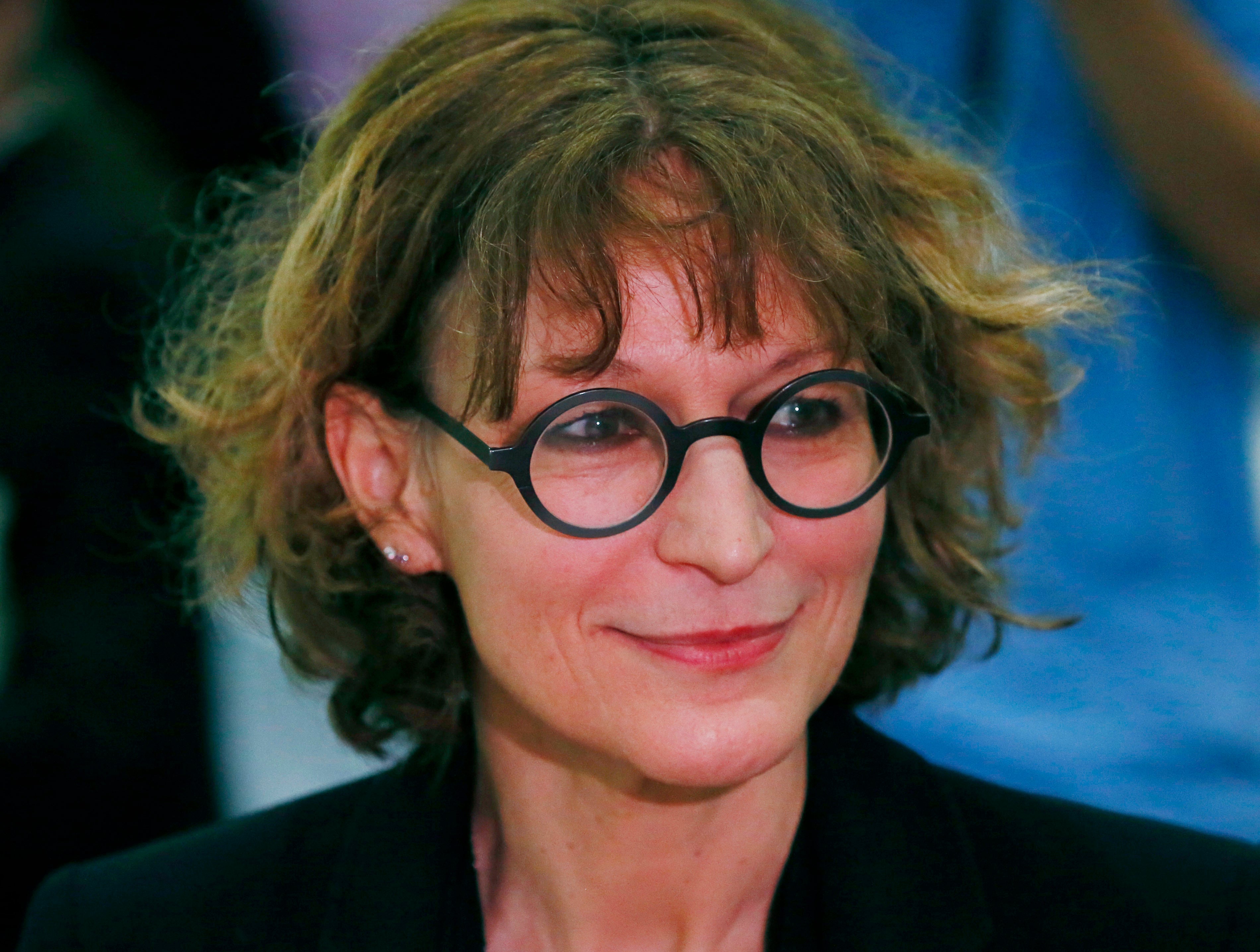AP Interview: Human rights champion turns to vaccine equity
A leading human rights expert who is taking over leadership at Amnesty International is tackling vaccine equity as one of the major issues confronting the world today

Agnès Callamard is best known for her investigation into the killing of Saudi journalist Jamal Khashoggi and has made a career uncovering extra-judicial killings.
The French human rights expert's focus on rights abuses is taking on new dimensions as she assumes leadership of Amnesty International and turns her attention to what she says is one of the world's most pressing rights issues — vaccine equity.
Amnesty International released its annual report on Wednesday, arguing that governments have used the coronavirus pandemic as an excuse to clamp down on human rights.
The only way to end the virus — and the abuses that have accompanied it, primarily against the world's most vulnerable — is to distribute vaccines globally and equitably, she told The Associated Press on Tuesday.
“What we found is that the victims of COVID, whether it was in the U.K., in France, in the U.S., in India, in the Middle East in Brazil, those victims were primarily among the most disenfranchised and vulnerable groups," she said. “As a global community, as a national community, we failed the test that COVID-19 represented.”
Callamard rarely hesitates to call out the powerful. In 2019, as a U.N. special rapporteur, she concluded there was “credible evidence” that Khashoggi's killing was state-sanctioned. She also investigated the U.S. drone strike that killed Iranian general Qasem Soleimani and concluded it was unlawful.
She said she will no longer lead her own investigations, as she has done for years — but will continue to call out human rights violations as she sees them. And the pandemic exposed plenty. Ending it, she said, will expose even more, especially among wealthy and powerful nations which have purchased more vaccines than they need.
One of her proposals falls along the same lines as the Biden administration's call this week for a minimum global corporate income tax. In a foreword to Amnesty's report that she wrote before Monday's announcement by U.S. Treasury Secretary Janet Yellen Callamard said the global taxation system had produced more losers than winners.
“Global taxation is a way of rebalancing equality,” she said. "It’s a way of ensuring that it is not always those who have the least who are requested to give the most.”
___
Follow all of AP’s pandemic coverage at https://apnews.com/hub/coronavirus-pandemic, https://apnews.com/hub/coronavirus-vaccine and https://apnews.com/UnderstandingtheOutbreak
Bookmark popover
Removed from bookmarks